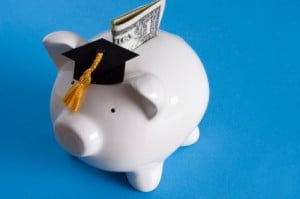
The debtor filed for Chapter 13 relief on April 11, 2007. She was disabled. Her only source of income was monthly Social Security payments of $675. She had no secured debt and $63,728 in unsecured debt including student loans of $33,464. On July 17, the court confirmed her plan, which called for monthly payments of $50. The plan paid her attorney $1,474 and paid nothing to unsecured creditors. Four days before her plan was confirmed, the debtor filed an adversary proceeding seeking an undue hardship discharge of her student loans. The defendant moved to dismiss on the basis that the issue was not ripe. The court denied the motion, stating that, “A rigid time period for filing a determination of dischargeability of student loans should not be established when such time restrictions are absent from the Bankruptcy Code and Bankruptcy Rules.”
The 6th Circuit agreed with the bankruptcy court and ruled that the issue of whether or not the student loan would be discharged was “ripe” from the start of the debtor’s Chapter 13 bankruptcy case. The court also ruled that the debtor was entitled to seek relief from the student loan as allowed under the bankruptcy code and that doing so at the beginning of the bankruptcy case was important to her gaining a fresh start especially since the student loans made up a substantial part of her debt.